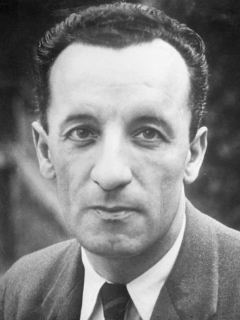
Publication details
Publisher: Springer
Place: Berlin
Year: 2018
Pages: 417-433
Series: Analecta Husserliana
ISBN (Undefined): 9783319775159
Full citation:
, "Phenomenology after conceptual art", in: Eco-Phenomenology, Berlin, Springer, 2018


Phenomenology after conceptual art
pp. 417-433
in: William S. Smith, Jadwiga Smith, Daniela Verducci (eds), Eco-Phenomenology, Berlin, Springer, 2018Abstract
The reception of phenomenology in art criticism reached its apex in the mid-1960s in its application to Minimalism in the United States. The focus was on the embodied, direct perceptual experience of Minimalist sculpture, but in light of Conceptual art's "dematerialised' practices which developed as the decade progressed, the interest in phenomenology waned. This paper looks at the history of this reception and presents Merleau-Ponty's late ontological work as a corrective to an inadequate understanding of phenomenology in critical discourses on art at the time. It argues that the late Merleau-Ponty offers tools for an effective critique of early conceptualism's idealism, as well as a basis on which the "dematerialised' and dispersed ontology of the art work shared by both Conceptual and more recent Post-Conceptual practices can be investigated.
Cited authors
Publication details
Publisher: Springer
Place: Berlin
Year: 2018
Pages: 417-433
Series: Analecta Husserliana
ISBN (Undefined): 9783319775159
Full citation:
, "Phenomenology after conceptual art", in: Eco-Phenomenology, Berlin, Springer, 2018

